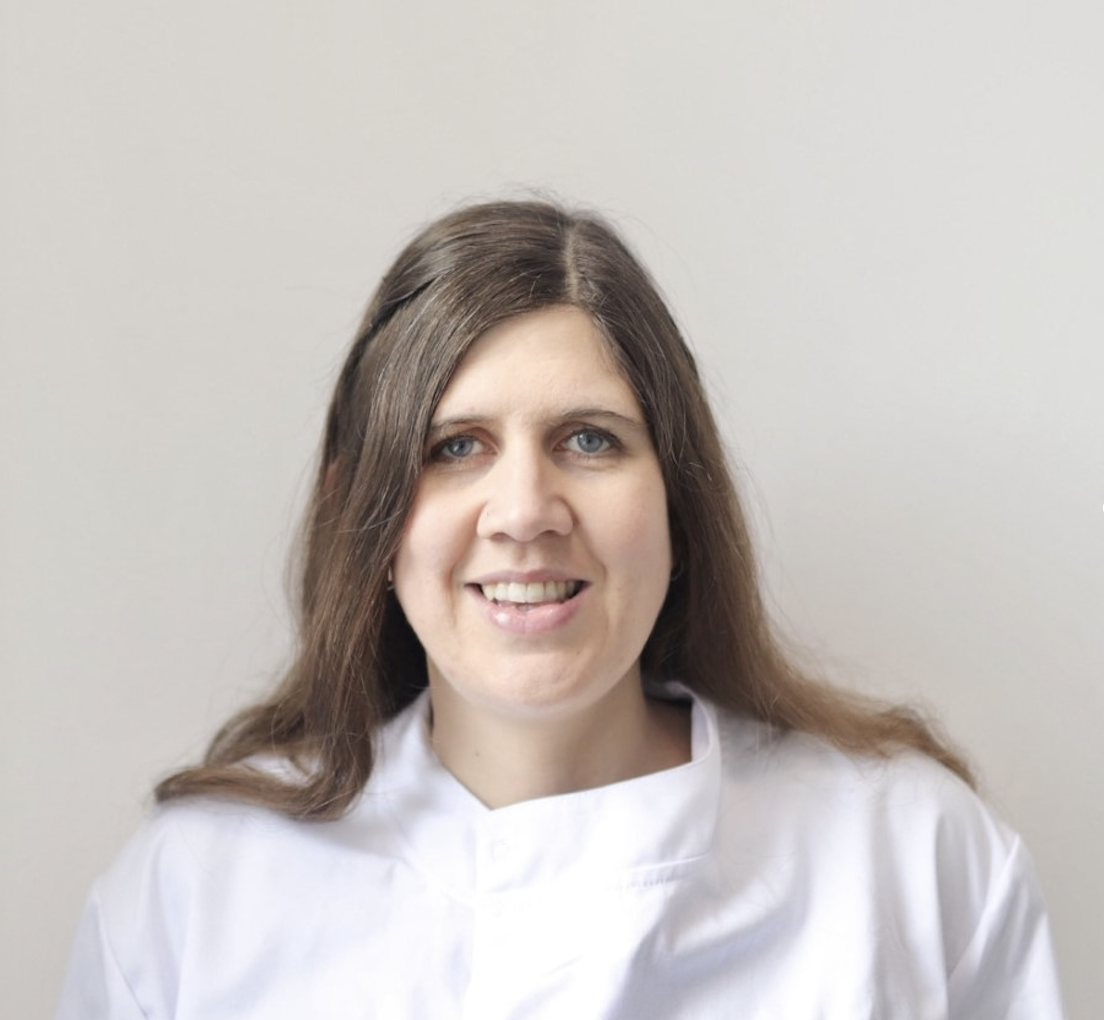Closing date: 17/11/2025
Non-Clinical Studentship Project: Identifying vulnerabilities of E-cadherin-deficient tumour cells to uncover novel treatment approaches for lobular breast cancer
Lead Supervisors: Dr Frances Turrell
Co-Supervisors: Prof. Rober Clarke, Prof. Cliona Kirwan
Applications Deadline: 12:00pm Monday 17th November 2025
Interviews: Week commencing 12th January 2026
Start date: September 2026
Project Keywords: Lobular breast cancer, metastasis
Research Opportunity: Non-Clinical Studentship leading to the award of PhD
Project Outline
Around 15% of breast cancers are invasive lobular carcinoma (ILC) with approximately 22 women/day diagnosed in the UK. ILC has been severely understudied and thus is treated and managed in the same way as other (ductal) oestrogen receptor-positive (ER+) breast cancers despite its unique biology, underpinned by E-cadherin loss, and distinct clinical features. ILC-specific treatments are urgently needed.
This study aims to develop improved ILC preclinical models and identify ILC vulnerabilities that can be exploited therapeutically to target the primary and metastatic disease. We have generated ER+-E-cadherin- (typical of ILC) and ER+-E-cadherin+ mammary tumour subclones. Leveraging these unique models alongside dependency data for human ER+ lobular and ductal breast cancer cell lines and patient data, we have identified candidate druggable targets in ILC. The student will develop new ILC mouse models using ER+-E-cadherin- subclones (immunocompetent) and patient-derived material. Target expression will be assessed in primary ILC and ductal breast cancer and matched normal patient tissue.
Genetic and pharmacological inhibition of candidate targets in ER+-E-cadherin- and ER+-E-cadherin+ subclones and ILC patient-derived organoids will be performed and the impact on tumour cell survival, growth and invasiveness in vitro and primary tumour and metastasis in vivo, assessed. The new ILC preclinical models will provide substantial advancement to the field, while the ILCtargeted therapeutic approaches uncovered will direct future translational studies with the ultimate goal of improving patient treatment options. The student will gain extensive experience with in vivo models, patient-derived organoids, tissue analysis and a broad range of molecular and cellular assays.
The Manchester Breast Centre had partnered with the Lobular Moon Shot Project to bring together national and global research organisations and patient advocates to expedite vital research into ILC. As part of this collaborative effort the student will establish an extensive research network, instrumental in shaping their future research career.
Applications for this project are now open. Please complete your application on The University of Manchester website.
About Dr Frances Turrell (project Lead Supervisor)
Dr Frances Turrell is a Principal Investigator in the University of Manchester and Manchester Breast Centre. Frances did her PhD at the MRC Cancer Unit, University of Cambridge where she studied the impact of KRAS and TP53 mutations on disease progression and response to therapy in non-small cell lung cancer. After completing her PhD, she moved to the Institute of Cancer Research in London to do postdoctoral training in Professor Clare Isacke’s group. This is where Frances began her research into the microenvironmental regulation of breast cancer metastasis.

Key information
Before submitting an application, please ensure you have read the information below about the funding arrangements and eligibility for Non-Clinical Studentships.
We also encourage you to get in contact with the lead supervisor to discuss the project and any particulars.
Further information is available on the Non-Clinical PhD Studentships webpage.
Our Non-Clinical PhD Studentships are usually funded for four years, with funding covering:
- Project running costs
- University tuition fees university tuition fees (at the UK rate, with some scholarships available for high-performing EU/International candidates)
- An annual stipend of £22,113 to help with living costs
Studentships are highly competitive and so we encourage you to contact any supervisors who you are interested in working with before applying for our Non- Clinical PhD Studentships.
International Candidates
The University of Manchester aims to support the most outstanding applicants from outside the UK.
We are able to offer a limited number of bursaries to high-performing EU and international candidates, covering PhD fees only. Bursaries do not include financial support for visa/health surcharges.
We assess each EU and international candidate’s suitability for a bursary at the application and interview stages.
You must hold, or be about to achieve, a First or Upper Second-class honours degree in a relevant subject. A related Master’s degree is also an advantage.
International applicants (including EU nationals) must ensure they meet the academic eligibility criteria (including English Language) before contacting potential supervisors to express an interest in their project. Eligibility information can be found on the University’s Country Specific information page.
Applications for this programme are now open. Please submit your application on The University of Manchester application portal.
Key dates
- Applications open: Monday 6th October 2025
- Application deadline: 12:00pm Monday 17th November 2025
- Interviews: Week commencing 12th January 2026
- Start date: September 2026
Useful Links
Submit your application
Interested in applying for this opportunity? Submit your application on The University of Manchester application portal.
Non-Clinical PhD Studentships
Learn more about our Non-Clinical PhD Studentships.
Get in Touch
Contact Dr Yasmin Noori Jenaghard, Postgraduate Programme Manager.
Researcher Stories
Read first-hand experiences of from cancer scientists from across Manchester.
Why Manchester?
Find out why postgraduate students choose to study in Manchester.
A Day in the Life of a Non-Clinical PhD Student
Watch our short video to see what it's like to be a Non-Clinical PhD student in Manchester.





